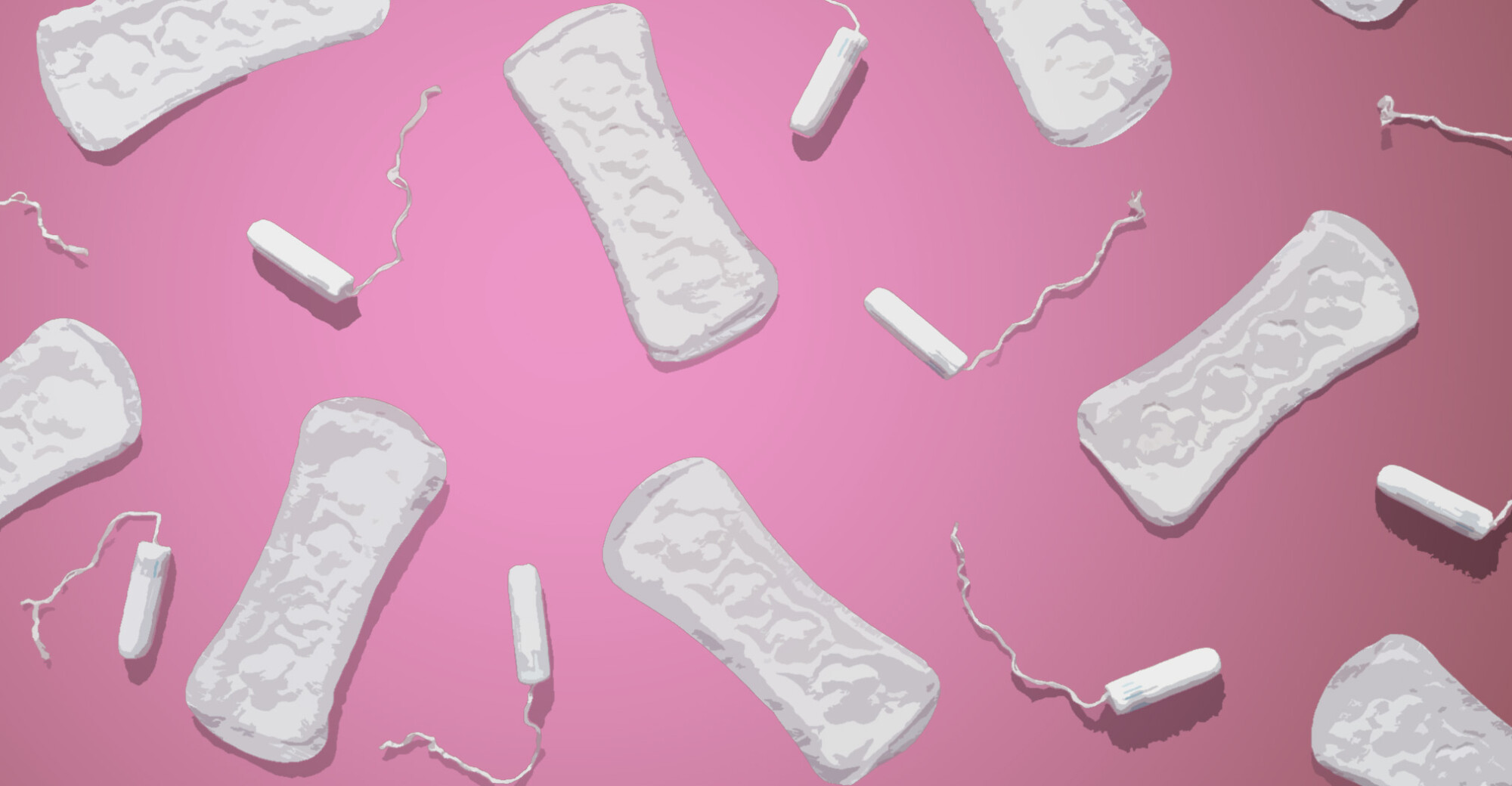
CATrends: Hypoallergenic Marketing Claims
A rash of lawsuits allege companies are misleading consumers.
If you’re looking for a way to celebrate Earth Day, which is Tuesday, purchasing a product marketed as “plant-based” may seem like a no-brainer.
However, according to a trend in class-action litigation, many household and personal care products advertised as “plant-based” contain other non-plant-based ingredients, including, in some cases, PFAS and petroleum-based ingredients that can actually be harmful to the environment.
And you might be further surprised to learn the percentage of non-plant-based ingredients in some of these “plant-based” products, according to the complaints.
A lawsuit filed last October against Johnson & Johnson alleged that 13 of the 15 ingredients in the company’s Neutrogena “plant-based” makeup remover wipes were “synthetic, non-plant based ingredients.”
Similarly, a 2021 lawsuit against Pampers claimed that petroleum-derived ingredients, not plant-based ingredients, account for nearly 80% of the content in the company’s Pure diapers featuring a “plant-based” liner.
Since 2016, more than a dozen companies have been sued for allegedly deceptively marketing products, ranging from diapers and body cleansing wipes to laundry detergent, shampoo and tampons, as “plant-based.”
Other brands named in litigation include Honest Company, Aveeno, Tide, Herbal Essences and Renpure. The majority of the lawsuits TINA.org is tracking have been voluntarily dismissed. There are pending cases against Earth Rated, Huggies and Tampax.
The bottom line
If plant-based products are important to you, be sure to read the ingredients on the back of product packaging rather than rely on environmental marketing terms before making a purchase.
Find more of our coverage on greenwashing.
A rash of lawsuits allege companies are misleading consumers.
How negative feelings surrounding menstruation have influenced period product marketing.
Class-action lawsuits target preservative-free claims.


